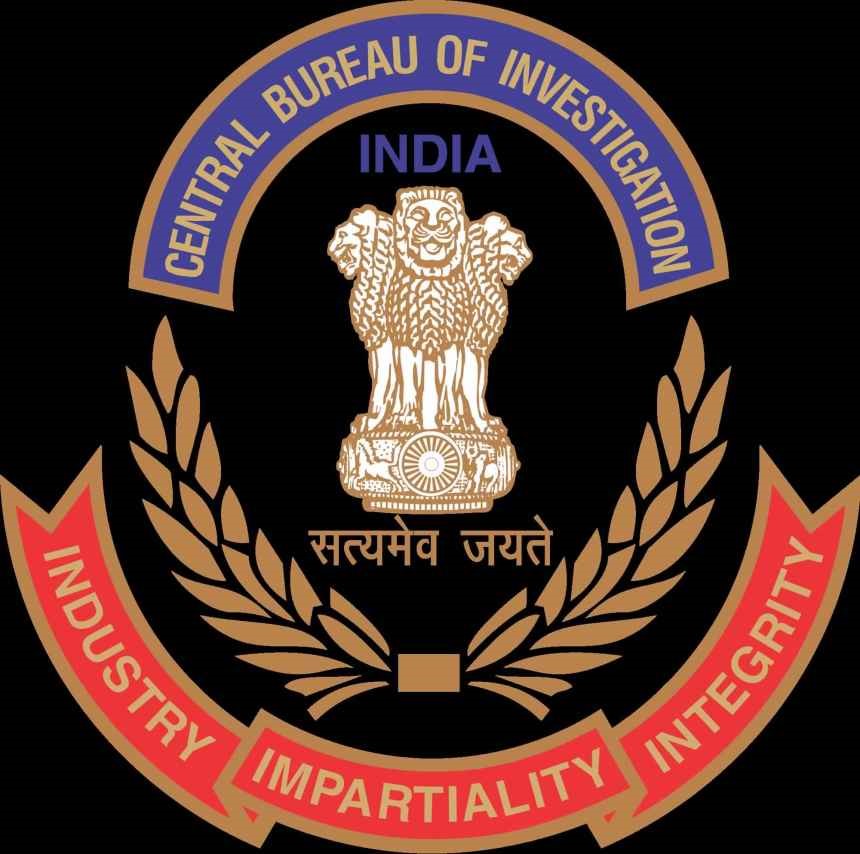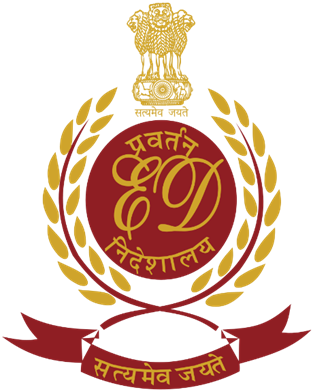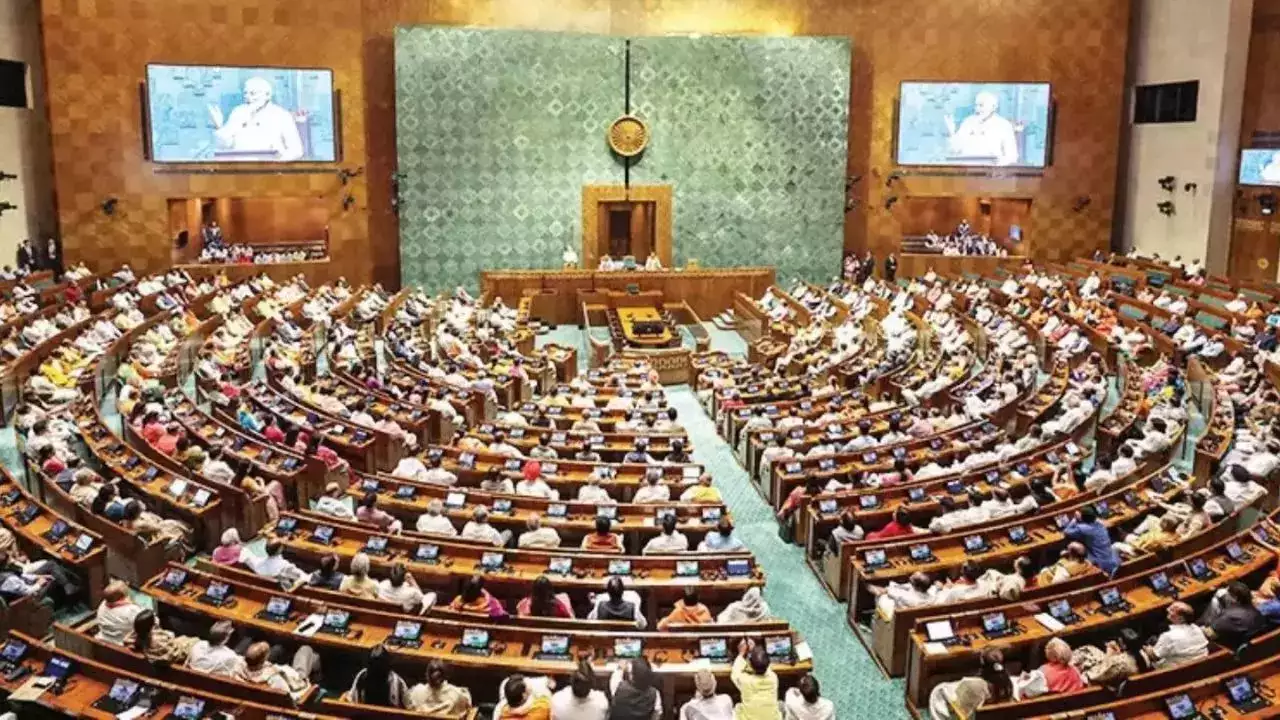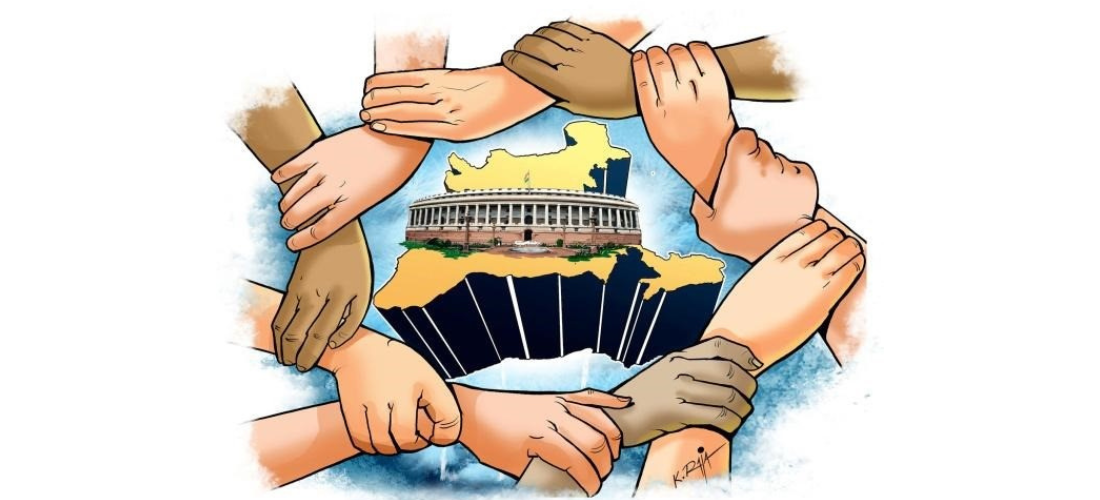- Courses
- GS Full Course 1 Year
- GS Full Course 2 Year
- GS Full Course 3 Year
- GS Full Course Till Selection
- Answer Alpha: Mains 2025 Mentorship
- MEP (Mains Enrichment Programme) Data, Facts
- Essay Target – 150+ Marks
- Online Program
- GS Recorded Course
- Polity
- Geography
- Economy
- Ancient, Medieval and Art & Culture AMAC
- Modern India, Post Independence & World History
- Environment
- Governance
- Science & Technology
- International Relations and Internal Security
- Disaster Management
- Ethics
- NCERT Current Affairs
- Indian Society and Social Issue
- NCERT- Science and Technology
- NCERT - Geography
- NCERT - Ancient History
- NCERT- World History
- NCERT Modern History
- NCERT Medieval History
- CSAT
- 5 LAYERED ARJUNA Mentorship
- Public Administration Optional
- ABOUT US
- OUR TOPPERS
- TEST SERIES
- FREE STUDY MATERIAL
- VIDEOS
- CONTACT US
STATUTORY, REGULATORY AND VARIOUS QUASI-JUDICIAL BODIES
STATUTORY, REGULATORY AND VARIOUS QUASI-JUDICIAL BODIES

STATUTORY, REGULATORY AND VARIOUS QUASI-JUDICIAL BODIES
Central Bureau of Investigation (CBI)
-
CBI is India's leading investigation agency. The Ministry of Personnel, Public Grievances, and Pensions oversees its operations.
-
Several economic crimes, special crimes, cases of corruption, and other cases have been investigated by the agency. The provisions of the Right to Information Act do not apply to CBI. India's officially designated single point of contact for Interpol communication is the CBI.
History
-
Originally established to look into bribery and government corruption, it was expanded in 1965 to look into cases involving multi-state organized crime, international cases, violations of central laws enforced by the Indian government, and multi-agency or international cases.
-
The Special Police Establishment (SPE), a Central Government Police force established in 1941 by the Government of India to investigate bribery and corruption in transactions with the War and Supply Department of India, is where the Bureau of Investigation got its start.
Organization
-
A Director, an IPS officer with the rank of Director General of Police, is in charge of the CBI. The director has a two-year term (which can be extended for another three years) and is chosen by a high-profile committee established by the Delhi Special Police Establishment (DSPE) Act, 1946, as amended by the Lokpal and Lokayuktas Act, 2013.
-
The Special Director, Additional Director, Joint Director, Deputy Inspector General of Police, Senior Superintendent of Police, Superintendent of Police, Additional Superintendent of Police, and Deputy Superintendent of Police are additional CBI ranks that may be staffed by an IRS (Indian Revenue Service) officer or the IPS. Inspector, Sub-Inspector, Assistant Sub-Inspector, Head Constable, and Constable are all positions that are filled by deputation from the Police, Income Tax, and Customs Departments or through the SSC.
-
The CBI Director is appointed by the Appointment Committee on the recommendation of the Selection Committee for a minimum of two years in accordance with the DSPE Act 1946, which was amended by the Lokpal & Lokayukta Act 2013 and the CVC Act, 2003, respectively.
Principal Concerns related to the CBI
Limitations in Structure:
-
The CBI has been hindered by both changes made by the government to its regulations and the legal framework under which it operates. These have gradually made the agency subordinate to the federal government over time.
-
The CBI needs the approval of the Speaker of the State Legislature (in the case of an MLA) or the Governor (in the case of a Secretary of State) before it can indict an MP, MLA, or Secretary of State.
-
Her Lok Sabha chairman or Rajya Sabha deputy chairman seeks sanctions against MPs.
-
The sanctioning authorities all have ties to current legislation, so the opposition feels unfairly targeted. It is common knowledge that organizations cannot conduct their own investigations. Who gets investigated is decided by governments, unions, states, or courts.
By Federal Policy, Consent Cannot Be Withdrawn:
-
The increasingly antagonistic relationship that exists between the federal government and state governments further restricts the agency's work.
-
Her general recognition by the CBI has been revoked by nine states. The CBI asserts that the Center uses these states, the majority of which are controlled by the opposition, to attack the opposition. The BJP's popular support for the coalition government in Meghalaya withdrew in March 2022.
-
Rather than requesting consent on a case-by-case basis, CBI will be granted general consent because the CBI requires the state to consent to investigate crimes within its jurisdiction.
-
Withdrawal of consent limits the CBI's ability to investigate state-based central government officials without the consent of the state government. This, however, is not limited to the NDA regime. A number of states, including Sikkim, Nagaland, Chhattisgarh, and Karnataka, have revoked general consent throughout the institution's history.
-
The Minister of State in the Prime Minister's office informed the Rajya Sabha in 2022, in response to a question, that nine states had withdrawn their general consent for the CBI to investigate cases in those states. West Bengal, Maharashtra, Rajasthan, Kerala, and Punjab are the states.
After retirement employment is not prohibited:
-
Critics also point to the ways in which previous administrations have compelled CBI directors to follow their lines by leveraging the enticement of retirement jobs.
-
Former CBI chief Ashwani Kumar was appointed Governor of Nagaland by the UPA in 2013. After their retirement, other former directors of the CBI joined the National Human Rights Commission under the UPA.
-
The 2021 NDA government changed the DSPE Act to give CBI directors five-year terms. However, directors can extend their terms each year after the two-year term required by the SC ends. This was seen by many as an effort to bring the director into line with the government.
Weak administrative capacity:
-
The agency relies on the Ministry of Home Affairs for staffing because many of the investigators come from the Indian Police. Additionally, the CBI is dependent on the Department of Justice and lacks functional autonomy.
-
Because high-ranking officials depend on the central government for future positions, his CBI, which is run by her delegated IPS officers, is also susceptible to government manipulation.
Outside the purview of the right to inform:
-
Schedule 2, Section 24 of the Right to Information Act contains the CBI. This makes it possible to get information from intelligence and security organizations that are listed in Schedule 2 of the Right to Information Act, as well as information that they give to the government.
-
CBI was not included among the organizations that were exempt. The CBI was not summoned until much later, in 2012.
-
At first, CBI was not included in RTI's scope. One of the organizations that dealt with India's strategic interests was not the CBI.
-
On the other hand, the Intelligence Bureau (IB), Research and Analysis Division (RAW), and organizations that collect information and address strategic issues have been exempt from this requirement from the beginning. Because it was not thought to collect or maintain information that was of strategic importance to the nation, CBI was not included in RTI's exclusion list.
-
On the other hand, the CBI also looks into all kinds of cases, including those that have strategic significance for India. As a result, a lot of this information would be available to the public if the RTI were to be used. It promises to be a domain. This was accepted by the government at the time.
The Judiciary's role in CBI reform:
-
Since the 1990s, efforts have been made to free law enforcement agencies like the CBI and the Department of Law Enforcement (ED) from government and political party control.
-
This issue was extensively addressed in the landmark Vineet Narain vs. Union of India & Anr Supreme Court decision of 1997. His two-year term as director of the CBI was established by the Supreme Court.
-
The CBI Director was required to serve this mandatory term to avoid being subjected to executive branch pressure, which could have resulted in his removal from office.
-
The Delhi Special Police Establishment Act (DSPE) Act of 1946, which gave the CBI authority, stipulated that the CBI could investigate the officers of the Joint Chiefs by means of a "personal directive." It included a rule that said no higher levels could be set without approval from the government. The Vineet Narain incident suppressed it, but the Atal Bihari Vajpayee government reinstated it.
-
The Modi government amended Section 17A of the Anti-Corruption Act in 2014 after it was once again struck down by the Supreme Court.
-
The CBI was prevented from investigating public officials without the consent of the relevant government by this change, which occurred a long time before the reintroduction of the "single policy."
-
Investigators have frequently been reprimanded by high judicial bodies for negligence and ethical lapses. This prevents the authorities from losing public trust by creating a sense of fear among those involved in the investigation. The Supreme Court's investigation integrity has improved as a result of its scrutiny of important cases.
-
If victims demonstrate that investigators were arbitrary and dishonest, officials at the CBI are concerned that the judiciary might step in.
The Way Forward
-
Giving the CBI legal status through a separate law.
-
Clarity regarding roles and responsibilities for efficient financing.
-
New legislation should be in place for CBI governance.
-
The CBI's role, jurisdiction, and legal powers must be clearly defined. It will have a clearer goal, a clearer role, autonomy across the board, and a new look as an independent, autonomous statutory body.
-
Enhance human and financial resources, make better investments, and give people more freedom.
ENFORCEMENT DIRECTORATE

In India, implementing monetary regulations and battling financial wrongdoing are the obligations of the Directorate of Implementation (ED), a policing and financial knowledge organization. The Indian government's Department of Revenue and Ministry of Finance house it.
It incorporates advanced officials from its own framework as well as officials from the Indian Revenue Service, Indian Police services, and IAS.
Responsibilities
-
The ED’s main objective is to enforce the statutes like Foreign Exchange Management Act of 1999 (FEMA) and the Prevention of Money Laundering Act of 2002 (PMLA) and the Fugitive Economic Offenders Act of 2018 (FEOA).
-
Other goals of the Enforcement Directorate are primarily related to prevention of money laundering in India.
-
The Director of Enforcement is in charge of the Directorate of Enforcement, which has its headquarters in New Delhi. Special directors of enforcement are in charge of the five regional offices in Mumbai, Chennai, Chandigarh, Kolkata, and Delhi.
ED's Major Laws and Acts
-
Fugitive Economic Offenders Act, 2018 (FEOA)
-
Conservation of Foreign Exchange and Prevention of Smuggling Activities Act, 1974 (COFEPOSA)
-
Foreign Exchange Management Act, 1999 (FEMA)
-
Prevention of Money Laundering Act, 2002 (PMLA)
Issues with ED
-
Used for regular crimes as well: Even "ordinary" crimes involve the PMLA, and the assets of real victims have been attached.
-
A headstrong attitude: The ED views itself as an exception to the rules and practices of criminal procedure law and makes the decision to register an ECIR on its own file according to its own preferences and whims.
-
A low rate of convictions: Despite thousands of registered cases and arrests, the ED's PMLA conviction rate is very low. In India's Parliament, the government cited data showing that there were no convictions between 2005 and 2013–14.
-
Constant scrutiny is required for reforms: The Enforcement Directorate's operations need to be constantly monitored.
-
Adhere to the constitution and laws: To make the investigation clearer, the adjudicating authority and ED officers must come to an agreement on how to adhere to the constitutionality of the PMLA provision.
Reforms that can be made
-
To make the investigation clearer, the adjudicating authority and ED officers must, however, agree on adhering to the constitutionality of the PMLA provision.
-
The Enforcement Directorate's operations must be constantly monitored, and it is currently unclear whether this clarification will increase the conviction rate, which is currently less than 5%.


